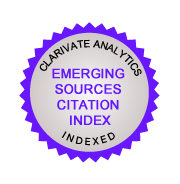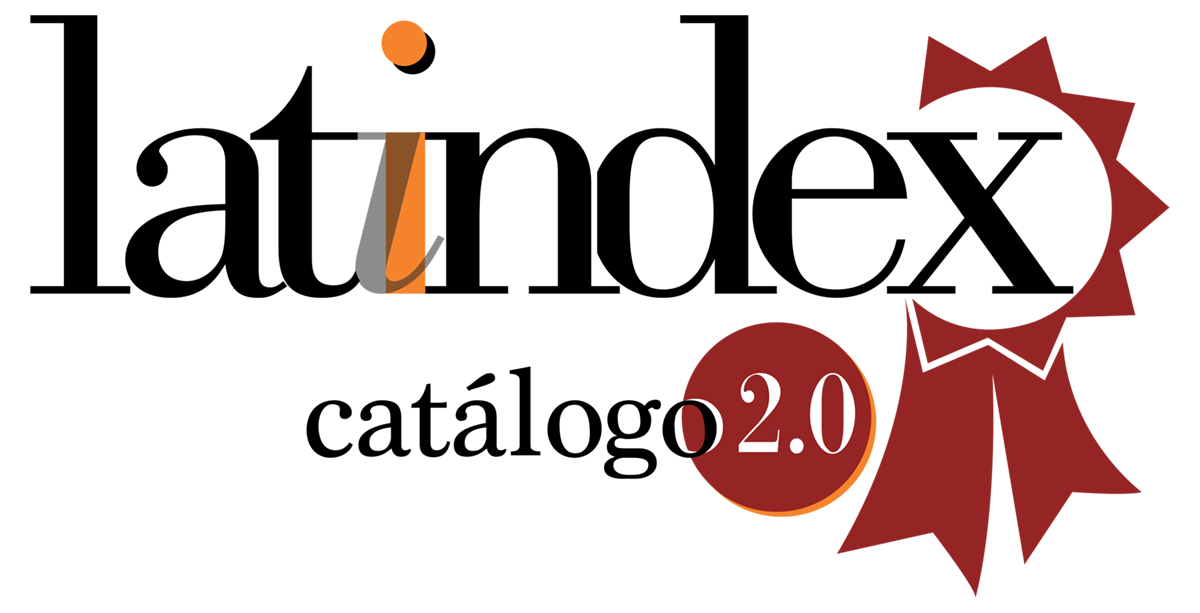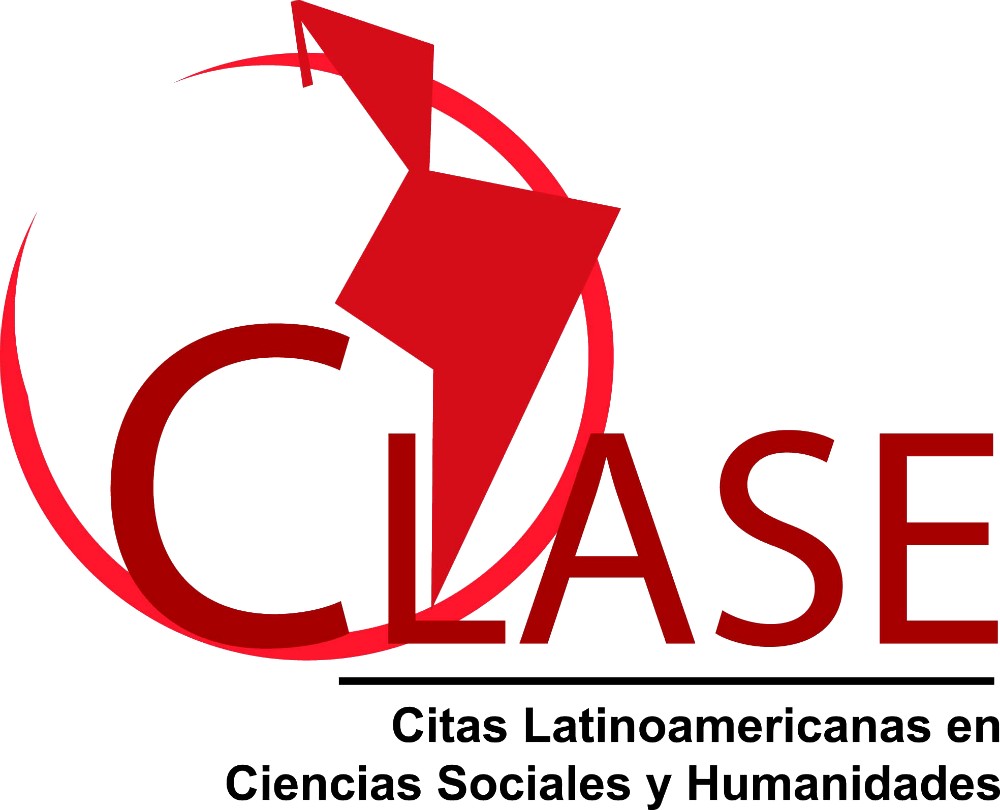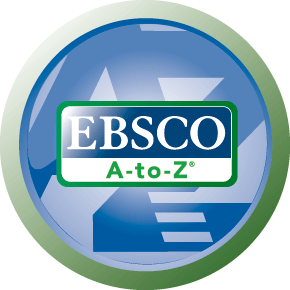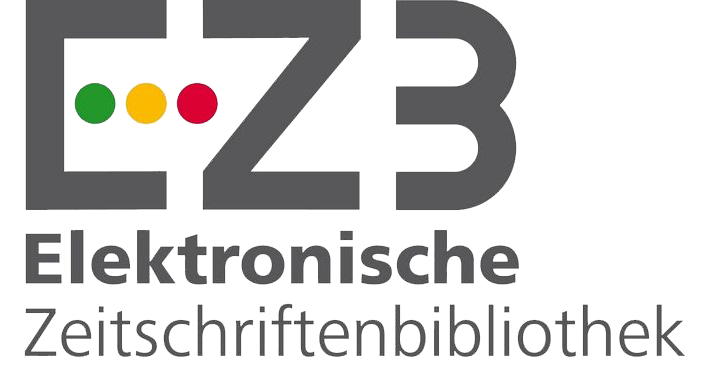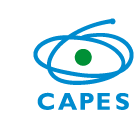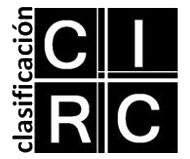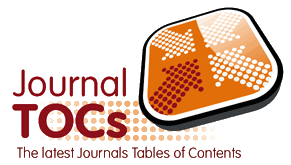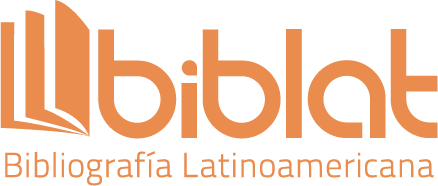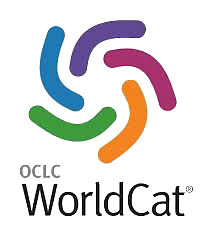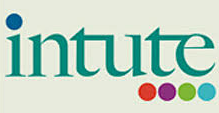Mediation, conflict, negotiation: Uses and appropriations of ICTs in the relationship of young people with the school institution
DOI:
https://doi.org/10.24215/16696581e218Keywords:
Information and Communication Technologies (ICTs), Education, Communication, Power, SchoolingAbstract
In this article we seek to identify how ICTs reconfigure the identities of subjects, generating new ways of reading and writing, new ways of representing and reproducing / resisting culture; and how they relate to the institutional actors in the School. In other words, the diverse uses and conceptions of ICTs by the subjects and the tensions generated by these practices within the school institution are analyzed. A qualitative methodological strategy was designed, using the workshop modality and tools such as participant observation and in-depth interview. The Unit of Empirical Reference (URE) was constituted by students of the 6th year, teachers and authorities of School No. 43 of La Plata throughout the school year 2012. As a result, it was concluded that the uses of ICTs allowed by the school institution are marked by an instrumental look, as tools that allow resources to be economized and to boost educational work, where legitimate knowledge is the sole property of the school, reinforcing the power-to-know relationship. In this way, the cultural world of young people and the new forms of sociality, mediated by ICTs, become invisible.
Downloads
References
Castoriadis, C.(1998) Un mundo fragmentado .La Plata: Terramar.
Da Porta, E. (2004). Senderos y recorridos. Apuntes para un mapa de investigación. La Plata.
Revista Tram[p]as (29).
Fernández, M. S. (2016). La Construcción del conocimiento etnográfico y la educación escolar. (Trabajo final integrador). Bernal, Argentina: Universidad Nacional de Quilmes. Recuperado de http://ridaa.unq.edu.ar/handle/20.500.11807/23
Foucault, M.(1998). Genealogía del racismo. Madrid. Caronte.
Guber, R. (2011). La Etnografía: método, campo y reflexividad. Buenos Aires: Editorial Siglo XXI.
Gutierrez Marin, A. (2010). Cap 8.Creación multimedia y alfabetización en la era digital. En Roberto Aparici (comp.): Educomunicación: Mas allá del 2.0 (pp. 171-187).Barcelona: Gedisa.
Habermas, J. (1986). Ciencia y técnica como ideología. Madrid: Tecnos.
Huergo, J.(2000). “De la escolarización a la comunicación en la educación”. En Huergo, Jorge; Fernandez, María Belén : Cultura escolar, cultura mediática. La Plata, Universidad Pedagógica Nacional
Huergo, J. (2001a):“Comunicación y Educación: aproximaciones”, ,en: Huergo, Jorge (editor): Comunicación/Educación. Ámbitos, prácticas y perspectivas (pp 7-21). La Plata. Ed. de Periodismo y Comunicación.
Huergo, J. (2001b). Métodos de investigación cualitativa en comunicación. Buenos Aires. Mimeo.
Jensen, K. B.; Jankowski, N.W (1993). Metodologías cualitativas de investigación en comunicación de masas. Barcelona.Bosch
Khoury,Y.;Rimoldi,E.; Sterkel, J.M. (2013): Entre lo viejo que no termina de morir y lo nuevo que no termina de nacer .TICs en tiempos de escolarización. El caso de la Escuela N° 43 de La Plata (Tesis de grado). Recuperado de http://sedici.unlp.edu.ar/handle/10915/72622
Marradi, A; Archenti, N.; Piovani, J. I. (2007). Metodología de las ciencias sociales. Buenos Aires. Emecé.
Martín Barbero, J. (1987) . De los medios a las mediaciones. Comunicación, cultura y hegemonía. Barcelona. Gilli.
Martín Barbero, J. (2009). Cuando la tecnología deja de ser una ayuda didáctica para convertirse en mediación cultural. Bogotá. Revista Electrónica Teoría de la Educación(1).
Quiroz Velazco, M. T. (2010). Cap 9.Educar en otros tiempos. El valor de la comunicación. En Roberto Aparici (comp.): Educomunicación: Mas allá del 2.0 (pp. 187-205).Barcelona: Gedisa.
Verón, E.(1987): La Semiosis Social. Buenos Aires. Gedisa.
Downloads
Published
How to Cite
Issue
Section
License
La aceptación de un original por parte de la revista implica la cesión no exclusiva de los derechos patrimoniales de los/as autores/as en favor del editor, quien permite la reutilización, luego de su edición (postprint), bajo una Licencia Creative Commons Atribución-NoComercial-CompartirIgual 4.0 Internacional (CC BY-NC-SA 4.0)
Acorde a estos términos, el material se puede compartir (copiar y redistribuir en cualquier medio o formato) y adaptar (remezclar, transformar y crear a partir del material otra obra), siempre que a) se cite la autoría y la fuente original de su publicación (revista y URL de la obra), b) no se use para fines comerciales y c) se mantengan los mismos términos de la licencia.
La cesión de derechos no exclusivos implica que luego de su edición (postprint) en Question las/os autoras/es pueden publicar su trabajo en cualquier idioma, medio y formato; en tales casos, se solicita que se consigne que el material fue publicado originalmente en esta revista.
Tal cesión supone, también, la autorización de los/as autores/as para que el trabajo sea cosechado por SEDICI, el repositorio institucional de la Universidad Nacional de La Plata, y sea difundido en las bases de datos que el equipo editorial considere adecuadas para incrementar la visibilidad de la publicación y de sus autores/as.
Asimismo, la revista incentiva a las/os autoras/es para que luego de su publicación en Question depositen sus producciones en otros repositorios institucionales y temáticos, bajo el principio de que ofrecer a la sociedad la producción científica y académica sin restricciones contribuye a un mayor intercambio del conocimiento global.






